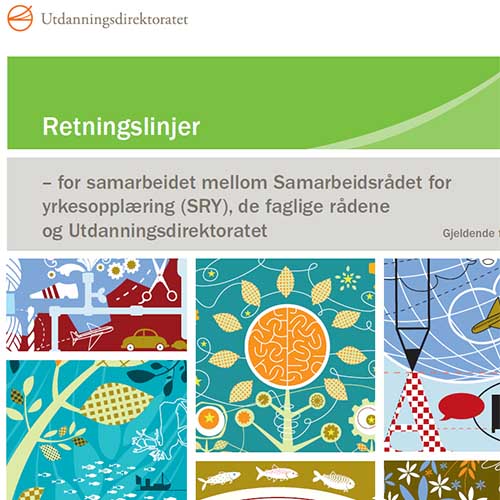Power and influence within the changing process of the Norwegian VET structure
DOI:
https://doi.org/10.7577/sjvd.3505Keywords:
vocational education, power, tri-partite collaboration, professionalism, structural changeAbstract
The article is about changes in the design and structure in vocational education, and about which actors have exerted influence in this process, seen in the light of the ILO Convention of 1975. Under the convention, member states commit to formulate policies, guidelines and measures in vocational training in cooperation with partners in the workplace, so that needs of the professional communities and industries are able to be expressed and their interests are also safeguarded.
Results from previous research, and the authors’ experiences that the key actors in vocational education are not systematically involved in the reform processes form the basis of the study. We will look at how structural change takes place and what affects such processes in their movement towards a final structure.
The research methods include the analysis of both previous research and documents that are utilised within formal change processes, as well as interviews with representatives of national academic councils. The professional councils represent tripartite cooperation on professional quality in vocational education.
The results show that there are significant differences in how the academic communities have exerted influence in the change process and that this process has not followed a predetermined path. The partners, represented by their professional councils, have also had different degrees of influence on the change process. Some of the representatives in the professional councils are employed in one of their party's organizations and are therefore not active participants in their professional disciplines. National authorities also exhibit a tendency to disregard a binding tripartite partnership in decision-making on many occasions, contrary to the ILO Convention.
Downloads

Downloads
Published
How to Cite
Issue
Section
License
Copyright (c) 2019 Kari Henriette Hansen, Grete Haaland, Inger Vagle

This work is licensed under a Creative Commons Attribution 4.0 International License.
Authors who publish in SJVD accept the following terms:
- The author(s) retain copyright and gives the journal the right to the first publication of the work licensed simultaneously under a Creative Commons Attribution License that allows others to share the work when authorship and first release in the SJVD are recognised.
- The author(s) may enter separate, extra-contractual arrangements for non-exclusive distribution of the journal's published version of the work (for example, send it to an institutional archive or publish it in a book) referring to the first release in SJVD.
- The author(s) are allowed and encouraged to post their work online (e.g. in institutional archives and on their website) before and during the filing process, as it may lead to useful exchanges of views, as well as faster and increased citation the published work.